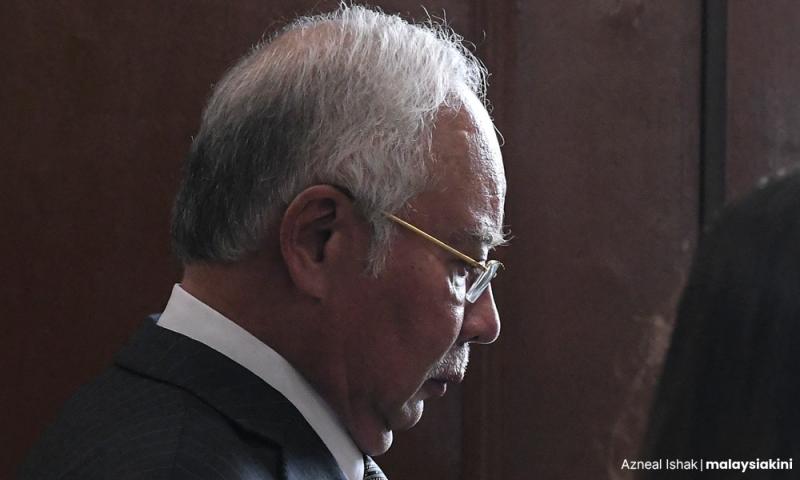COMMENT | Najib's SRC review and the dissenting judgment
However, justice is administered by human judges and infallibility is not expected in any legal system. Appeals to superior courts comprising more senior judges are society’s response to correcting the mistakes of judges of the first instance.
Thus, in Malaysia, appeals automatically proceed from the High Court to the Court of Appeal, and thereafter in civil matters by leave or permission of the Federal Court, and automatically in criminal matters to the Federal Court, our final and apex court.
No one claims that judges of the apex court, whether our Federal Court or the Supreme Courts of the United Kingdom, Canada, or India are infallible and perfect. They too make mistakes.
But because of the importance of finality in litigation, in every society, a balance is reached between achieving finality and ensuring that appeals exist to correct errors. However, in every country, there must be an apex court over which no superior court or judges can correct their errors.
Such inability never deterred the court system from receiving the confidence of the Bar and the people. Public confidence in the administration of justice was not diminished by applying strictly and unconditionally the doctrine of finality, as in the past.
A decision of the House of Lords (UK highest court until 2010) and our Federal Court was final, conclusive, and binding on all.
That this represented the law of Malaya before Merdeka, and thereafter throughout the rest of the 20th century, is demonstrated by the decision of the Supreme Court (the former name of our Federal Court) in Lye Thai Sang v Faber Merlin Sdn Bhd [1986] 1 MLJ 166 when an unsuccessful litigant, having lost before the Supreme Court, thereafter filed an application to review that judgment.
In delivering the judgment of the Supreme Court in dismissing the review application, chief justice Abdul Hamid Omar declared:
“Where, therefore, a final decision has been delivered, an appeal is in effect heard and disposed of. In other words, it is brought to a final conclusion. And that being the case, the Supreme Court has no power to re-open, re-hear, and re-examine its decision for whatever purpose.”
Hence, our great judges, Tun Suffian LP, Raja Azlan Shah LP (as His Majesty was then known), and Justice Eusoffe Abdoolcader did not...
RM12.50 / month
- Unlimited access to award-winning journalism
- Comment and share your opinions on all our articles
- Gift interesting stories to your friends
- Tax deductable

 Tommy Thomas
Tommy Thomas